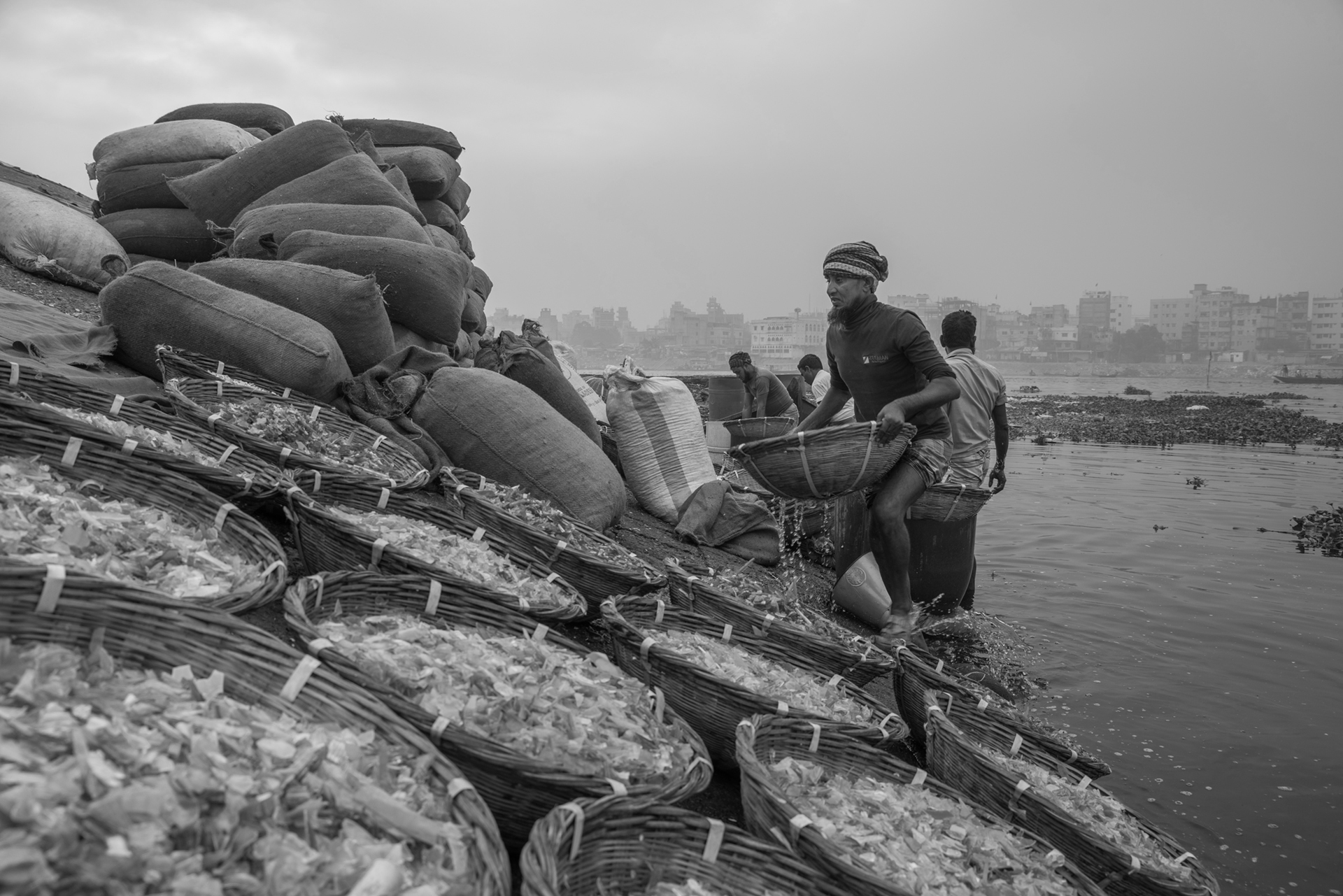
Economic Growth & Agriculture
Disinformation Toolkit 2.0
Disinformation costs the global economy $78B per year.
According to USAID’s February 2021 Disinformation Primer, “disinformation costs the global economy $78 billion per year, including share price loss, brand reputation management, and investment in political disinformation campaigns.”In the economic sphere, state-sponsored disinformation campaigns have been used to attack specific industries, particularly in the context of international trade, as one facet of geopolitical and economic competition between countries. False accusations of impurities or pests in specific agricultural value chains have been deployed to justify tariffs or embargoes on particular goods, sending lightly coded messages and increasing domestic pressure on the target country’s government. One example is China’s recent ban on the importation of Taiwanese pineapples, citing “harmful creatures” in the fruit, which could pose a threat to Chinese agriculture.
Economic disinformation of this sort directly counteracts the work of NGOs that support smallholder farmers, agricultural cooperatives, the agricultural sector broadly, and actors up the value chain, as well as and the families whose livelihoods depend on these economic activities.
Crystal Fund
The USAID YES-Georgia program is implemented by the Crystal Fund, a Georgian NGO, and supports emerging women entrepreneurs and professionals with skills development, business training, mentoring, and access to finance, especially in the wine sector. The program is part of USAID’s efforts to bolster the resilience of Georgia’s economic and political systems and comes amid ongoing political and economic tensions with Russia, which has targeted Georgia’s wine industry since the early 2000s.
A 2018 report by Deloitte, funded by USAID, highlights the history of political tensions and disinformation surrounding Georgian wine, illustrating this dynamic: “In 2006, political tension between the Russian and Georgian governments spilled over into the trade sector, with Georgian wine excluded from the Russian market based on alleged breaches of food safety requirements. The sudden loss of the Russian market hit [Georgian wine] very hard, with an 80% reduction in sales from 2005 highs between 2006 and 2011.”
Countering Misinformation in Georgia
The London-based Zinc Network runs USAID’s Georgia Information Integrity Program (GIIP), a new program designed to counter Russian-based disinformation in Georgia. This project takes a novel approach integrating deep cultural experience, local civil society partners, and an agile communications approach to identify disinformation and respond effectively through the online and traditional channels where it spreads most quickly. Additionally, GIIP encourages innovative ways to build resilience, such as working with Georgian organizations to map the sources and measure the impact of disinformation, disseminate messages strongly grounded in facts, and co-create new tools and methods for responding to disinformation. Learn more HERE.
More recently, as political tensions again spiked in 2019, Russia announced that it would increase scrutiny of Russian alcohol, including wine, on public safety grounds. According to The Independent, “Then as now, Russia ratcheted up economic tensions by masking economic sanctions under the pretext of sanitary norms. Then, the sanctions were a thinly veiled—and poorly heeded—warning to then-president Mikheil Saakashvili about his Euro-Atlanticist intentions.”
While the Yes-Georgia program does not directly combat Russian economic disinformation, it does work closely with wine producers around Georgia to help them improve business practices and diversify export markets to limit dependency upon the Russian market. In response to Russian political and economic disinformation targeting Georgia, USAID launched the Georgia Information Integrity Program in late 2020.